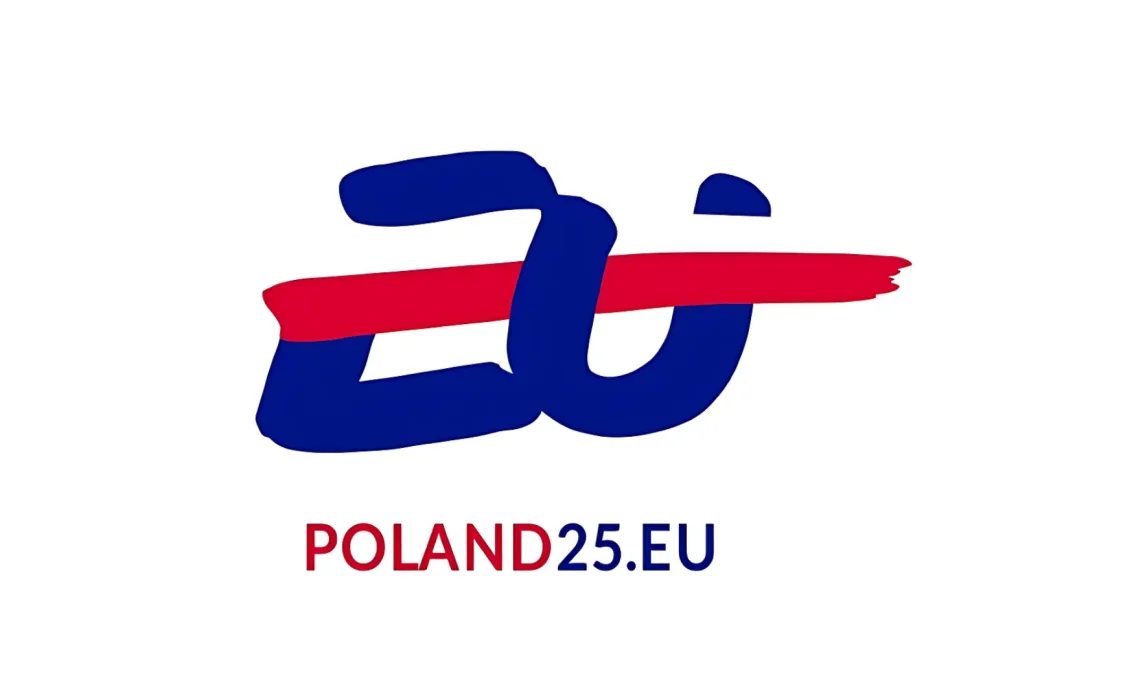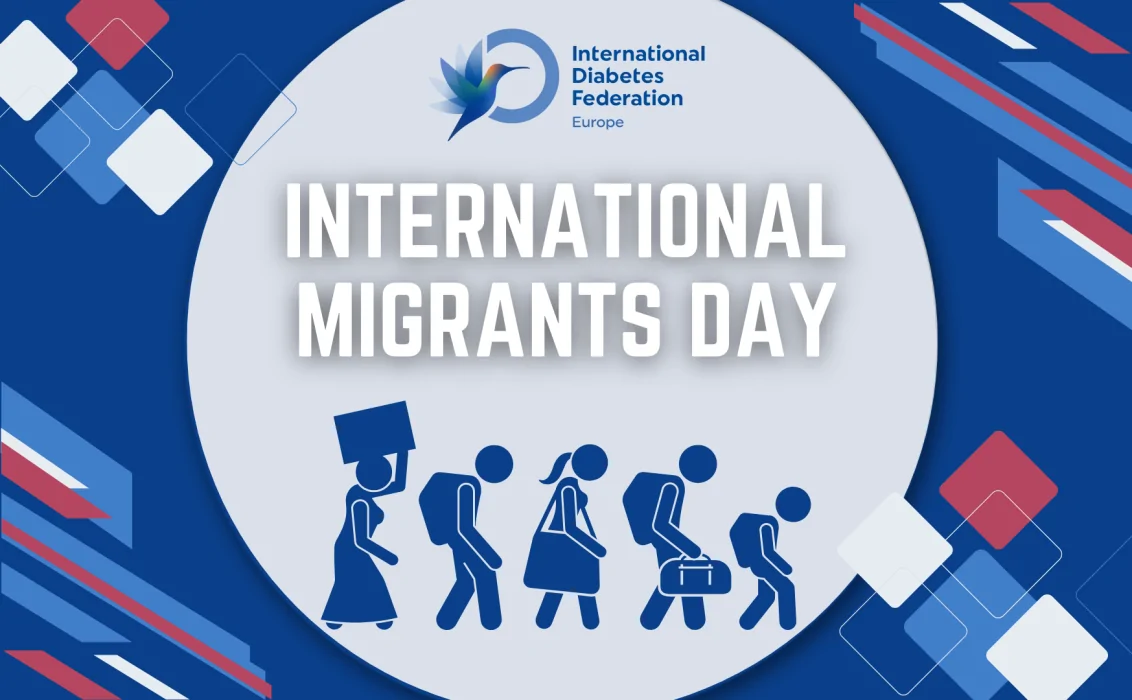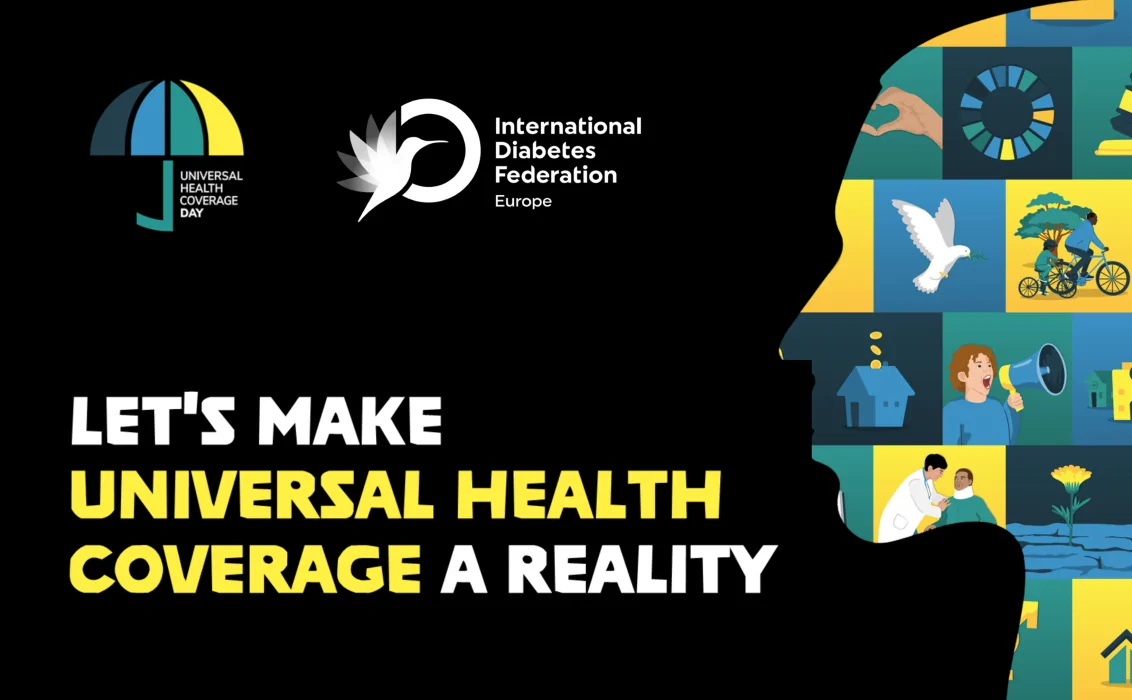WHO Europe together with the Ministry of Health of the Russian Federation hosted a two-day hybrid conference on “Tackling Non-Communicable Diseases (NCDs) Through Digital Solutions” in Moscow, Russia.
The COVID-19 pandemic has brought to light the major flaws in primary healthcare infrastructure and organisation worldwide and placed a huge burden on health systems. It has also highlighted the opportunity afforded by telemedicine/digital health to tackle NCDs such as diabetes and cardiovascular diseases. The pandemic has also greatly accelerated innovation in, and adoption of, digital and artificial intelligence-driven solutions with the potential to improve the quality of care and its accessibility.
During this two-day conference, stakeholders discussed good practices and innovative approaches from countries that have implemented successful digital programmes in their health systems for the surveillance, prevention, and control of NCDs. Among inspiring examples were the implementation of smart health delivery in Kazakhstan, as well as the use of a national diabetes registry in Croatia. The CroDiab web-based system for collecting data relating to people living with diabetes was first established in 2000 and allowed for the analysis of several health indicators.
The role of WHO in supporting countries to implement digital health solutions for NCDs to build a stronger resilient healthcare system in post-pandemic times was also explored. The stress on healthcare systems that the shortage of workers in primary care and the increasing age of the global population and how technology can help alleviate it was another key topic of conversation.
To answer ethical considerations that are often raised in relation to the use of digital tools and artificial intelligence, WHO published guidelines on “Ethics and Governance of AI for Health”. This paper stresses the need to maintain strict frameworks for the privacy and security of data based on an architecture of solidarity and outlines opportunities, risks and concerns, alongside recommendations for national implementation.
IDF Europe was in agreement with many of the points raised that policies on digital health need to be patient centred and proactive; that trust needs to be built through transparent decision-making processes and stringent data privacy frameworks; and that ensuring both health equity and personalised care is critical when building such policies.
More on IDF Europe and other diabetes stakeholders’ views of the importance of data and digital tools for People living with Diabetes can be listened to during IDF Europe’s webinar during EASD 2021 and IDF Europe’s webinar on the occasion of Word Diabetes Day on How Digital Technologies and AI can improve Access to Diabetes care.
More information on the Conference can be found at the WHO Europe website here.



